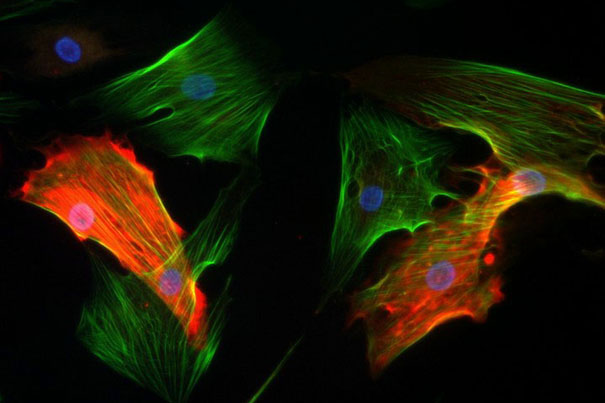Health
-

6 keys to a long, healthy life (ice cream included)
Also, why reading Ben Franklin beats climbing Mount Everest
-

Six cancers rising faster in younger adults than older ones
Large new global study fuels growing concern over trend of increases in several types

-

What’s next for GLP-1s?
Scientists eye new treatment targets for popular weight-loss drugs, from heart failure to addiction
-

Pricey blockbuster GLP-1s are costing users — and most of the rest of us, too
Health insurers are passing along cost for coverage in form of higher rates across the board, policy researcher says
-

Drinking 2-3 cups of coffee a day tied to lower dementia risk
Caffeinated tea also found to slow cognitive decline in study

-

New AI tool predicts brain age, dementia risk, cancer survival
Unlike other AI models, BrainIAC needs limited data to ID key neurological health indicators

-
Experimental drug improves Cushing’s disease
A new investigational drug significantly reduced urinary cortisol levels and improved symptoms of Cushing’s disease in the largest clinical study of this endocrine disorder ever conducted.
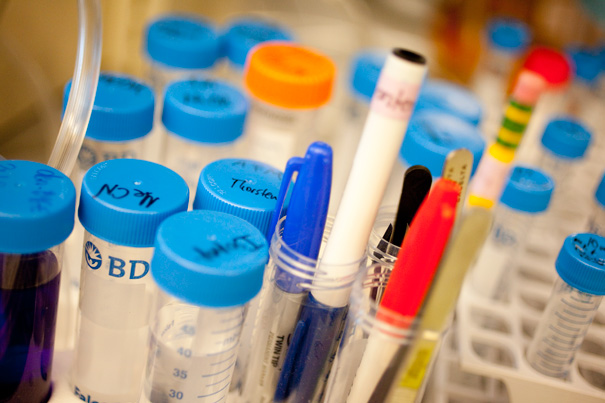
-
Obesity? Diabetes? We’ve been set up
The twin epidemics of obesity and its cousin, diabetes, have been the target of numerous studies at Harvard and its affiliated hospitals and institutions. Harvard researchers have produced a dizzying array of findings on the often related problems.
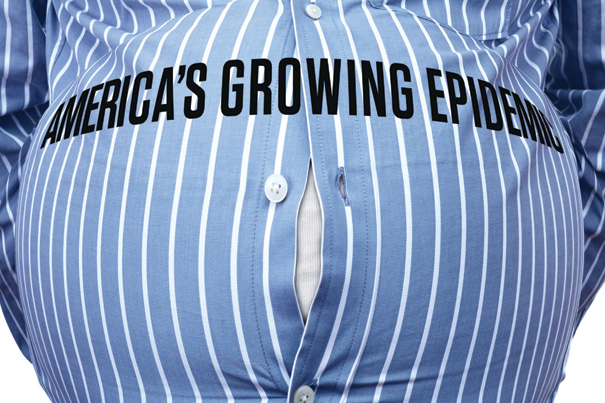
-
Alzheimer’s-like changes in the brain
A study by researchers at Harvard-affiliated Massachusetts General Hospital indicates that the inhaled anesthetic isoflurane impairs learning and memory in mammalian brains by damaging mitochondria, a finding that suggests the anesthetic desflurane may be a better choice for Alzheimer’s patients and others susceptible to cognitive dysfunction.
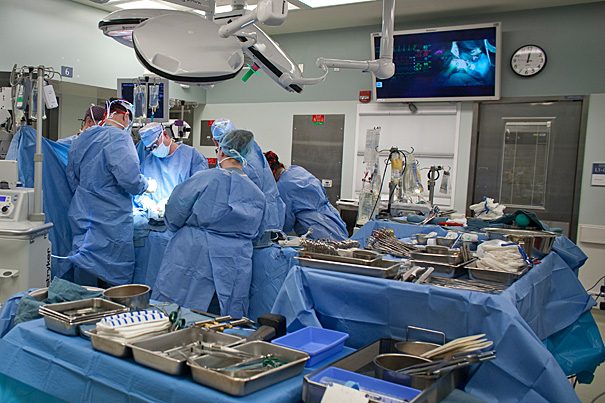
-
Using galaxies as yardsticks
Astronomy Professor Daniel Eisenstein is using a new understanding of spacing between galaxies to build a 3-D map of the cosmos and confirm theories about its structure.
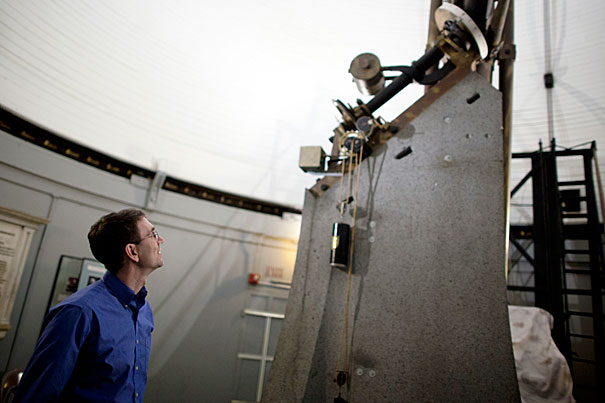
-
Cells that kill HIV-infected cells
Harvard researchers find that a subpopulation of the immune cells targeted by HIV may play an important role in controlling viral loads after initial infection, potentially helping to determine how quickly infection will progress.
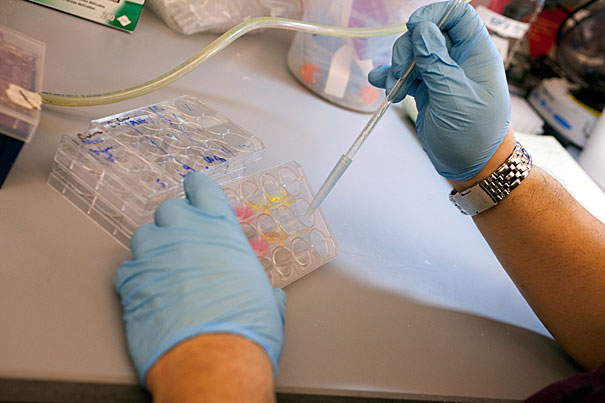
-
Evolutionary question, answered
A new paper shows that earlier studies of the peppered moth are “completely correct” — the moths evolved darker coloration via natural selection to better camouflage themselves during the height of the Industrial Revolution, then evolved back to their natural, mottled black-and-white color as air quality improved.
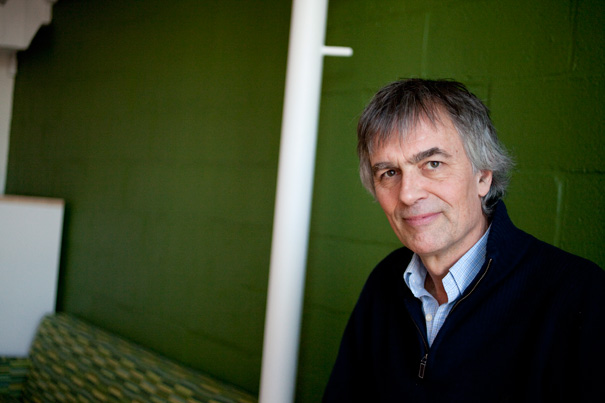
-
Genetic mechanics
As reported in the online version of Nature Structural & Molecular Biology on Feb. 5, researchers have produced 3-D images of the protein system that works to repair DNA. The images reveal that the proteins can actually alter their shape in what amounts to a genetic “pat-down,” or a way for the mechanism to identify areas of the genetic code that need repair.
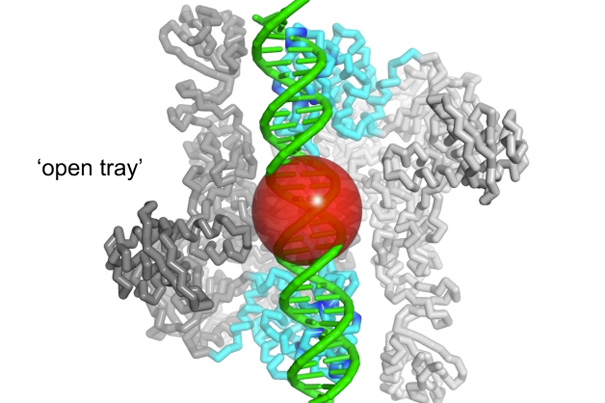
-
In the genes, but which ones?
A team of researchers, led Harvard Professor David I. Laibson and Christopher F. Chabris of Union College, has found that virtually all claims that intelligence is associated with specific genes are wrong.
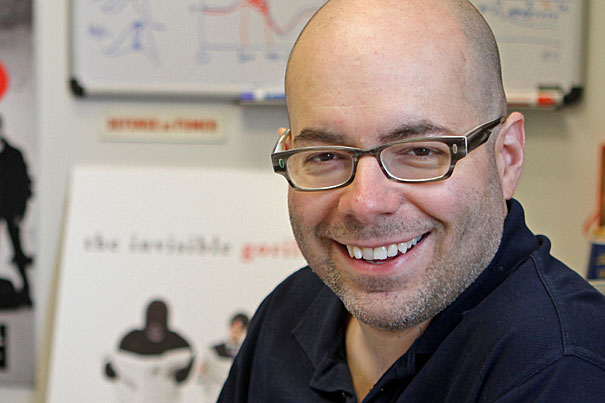
-
Repercussions of gender nonconformity
Children in the U.S. whose activity choices, interests, and pretend play before age 11 fall outside those typically expressed by their biological sex face increased risk of being physically, psychologically, and sexually abused, and of suffering from post-traumatic stress disorder (PTSD) by early adulthood, according to a new study led by researchers at Harvard School of Public Health.

-
Fears of bioterrorism or an accidental release
In a preview of what is likely now playing out in a closed-door meeting of the World Health Organization, a cadre of experts on infectious disease gathered Feb. 15 at the Harvard School of Public Health (HSPH) to debate whether efforts to combat a deadly form of flu have actually increased the risk to public health.

-
Sending DNA robot to do the job
Researchers at the Wyss Institute for Biologically Inspired Engineering at Harvard University have developed a robotic device made from DNA that could potentially seek out specific cell targets within a complex mixture of cell types and deliver important molecular instructions, such as telling cancer cells to self-destruct or programming immune responses.
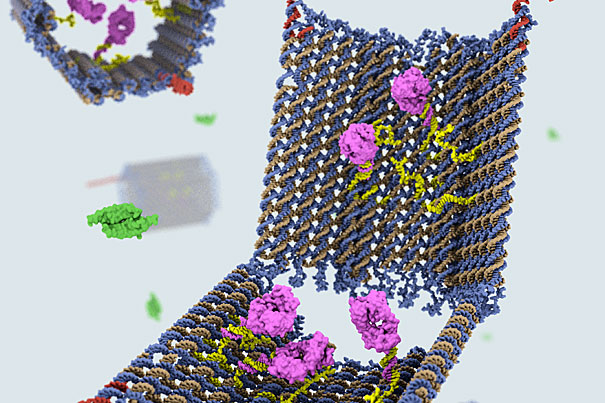
-
Willing a way to clean water
Kennedy School Fellow Daniele Lantagne is using her engineering background to expand on a program, partially developed by Professor Michael Kremer, to provide clean water to communities in rural areas. The soluti
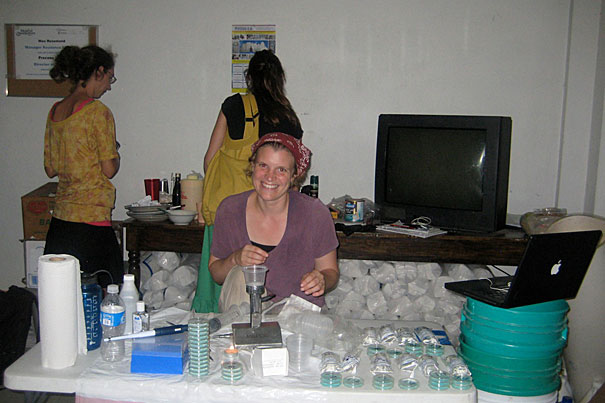
-
Pain relief for patients in Uganda
A collaboration between anesthesiologists at Massachusetts General Hospital and overworked doctors at an African hospital provides training in a technique that can soothe patients during surgical recoveries.
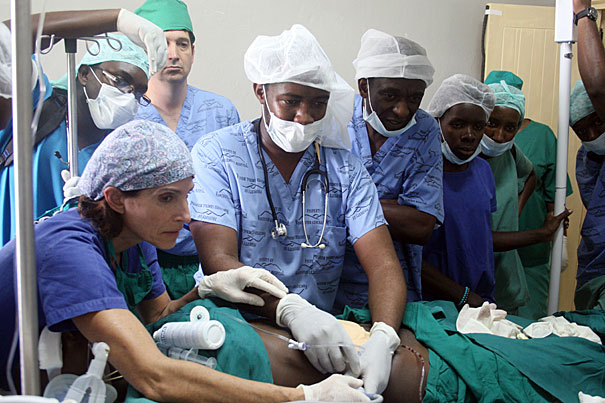
-
New subtype of ovarian cancer identified
Scientists at Dana-Farber Cancer Institute have identified a subtype of ovarian cancer able to build its own blood vessels, suggesting that such tumors might be especially susceptible to “anti-angiogenic” drugs that block blood vessel formation

-
Secrets of ancient Chinese remedy revealed
For roughly 2,000 years, Chinese herbalists have treated malaria using a root extract, commonly known as chang shan, from a type of hydrangea that grows in Tibet and Nepal. More recent studies suggest that halofuginone, a compound derived from this extract’s bioactive ingredient, could be used to treat many autoimmune disorders as well. Now, researchers from the Harvard School of Dental Medicine have discovered the molecular secrets behind this herbal extract’s power.
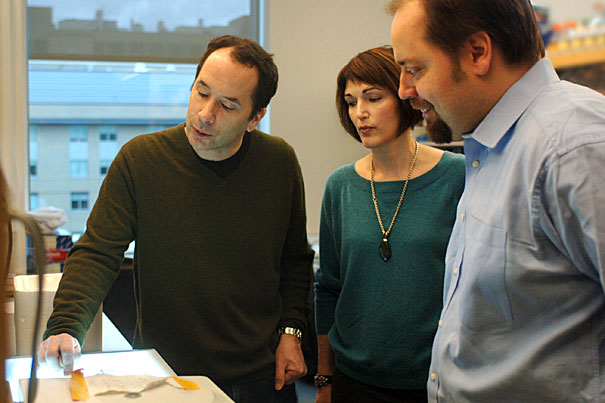
-
A swimsuit like shark skin? Not so fast
Experiments conducted in a Harvard lab reveal that, while sharks’ sandpaperlike skin does allow the animals to swim faster and more efficiently, the structure of some high-tech swimsuits has no effect when it comes to reducing drag as swimmers move through the water.
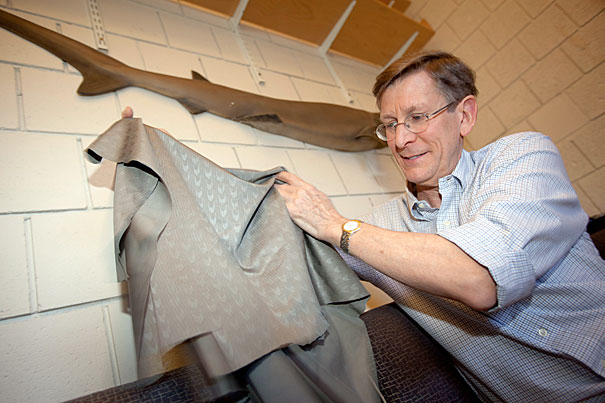
-
Exploring roots of hunger, eating behaviors
Synaptic plasticity — the ability of the synaptic connections between the brain’s neurons to change and modify over time — has been shown to be a key to memory formation and the acquisition of new learning behaviors. Now research reveals that the neural circuits controlling hunger and eating behaviors are also controlled by plasticity.
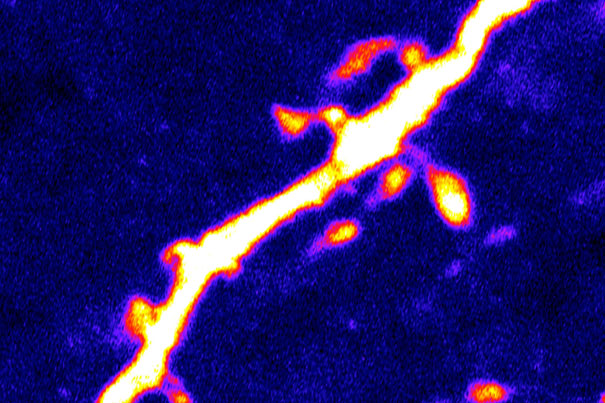
-
Deciding to go left or right
Researchers in a Harvard lab have developed a device, dubbed LADY GAGA, that allows them for the first time to precisely control airborne scents. They have used the device in their work unraveling how animals make navigational decisions based on their environment.
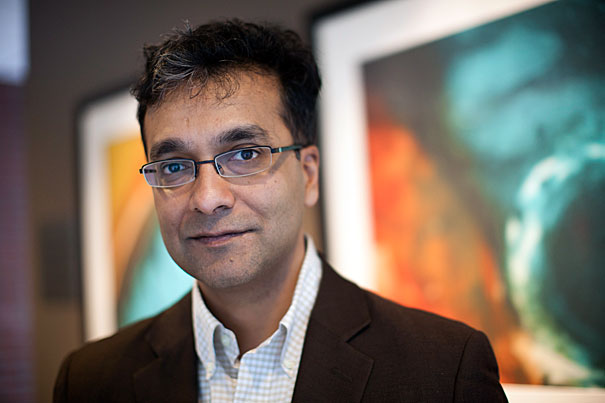
-
Right time for ‘end-of-life’ talk
A study by Harvard-affiliated Dana-Farber Cancer Institute finds that most terminally ill cancer patients discuss end-of-life care with physicians but that such discussions often occur late in their illness.

-
The search for life’s stirrings
As science wrestles with the problem of how life arose on Earth, hindsight shows that seemingly intractable obstacles can have simple, even elegant solutions, said Nobel laureate Jack Szostak.
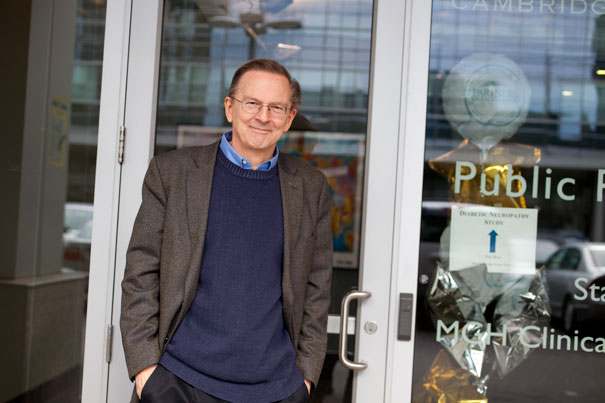
-
Making the worms turn
Biophysicist Aravinthan Samuel has developed new techniques to monitor and influence the behavior of roundworms to learn how their basic nervous systems work, a first step to understanding the circuitry in more complex creatures, like humans.
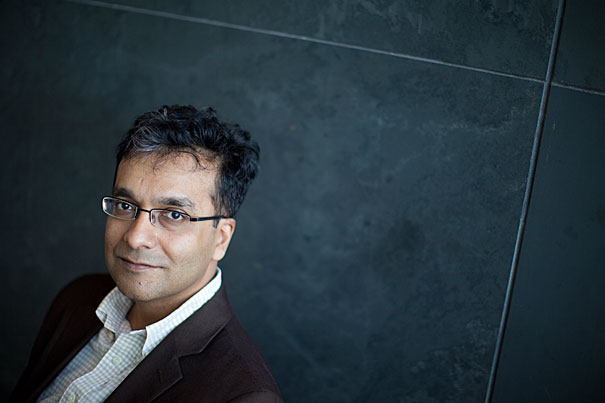
-
Blood test for depression?
The initial assessment of a blood test to help diagnose major depressive disorder indicates it may become a useful clinical tool.

-
Triumphs against smallpox, polio, AIDS
Harvard researchers have been at the forefront of many battles against devastating diseases, leading pivotal breakthroughs against scourges from 1800 to the present.

-
Decoding keys to a healthy life
Now 74 years young, the Harvard Study of Adult Development continues to yield a treasure trove of data about how people behave, and change — including predictions of strong indicators to a happy life.
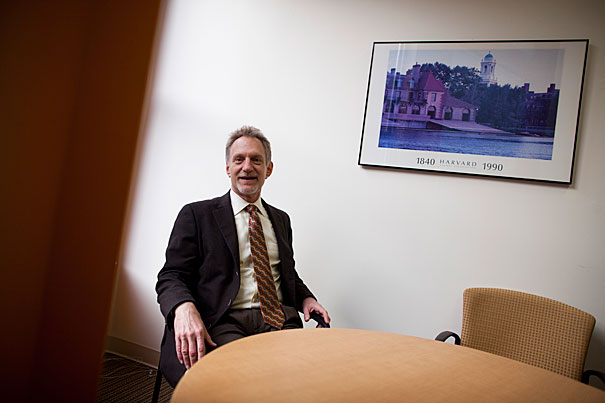
-
Broad Institute awarded $32.5M grant
The Eli and Edythe L. Broad Institute of Harvard and MIT today announced that it has received a $32.5 million grant from the Boston-based Klarman Family Foundation to support a new collaborative effort focused on deciphering how human cells are wired.

-
PFCs may hinder vaccine response
Perfluorinated compounds (PFCs), widely used in manufactured products such as non-stick cookware, waterproof clothing, and fast-food packaging, were associated with lowered immune response to vaccinations in children in research led by Philippe Grandjean of the Harvard School of Public Health.
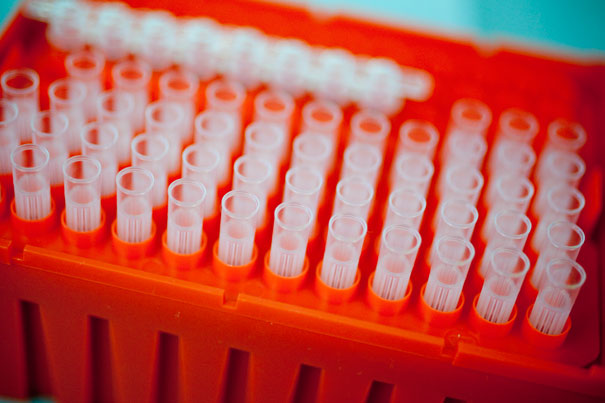
-
A winter wellness workout
Dozens of Harvard undergraduates started the year with a new emphasis on wellness, thanks to the Optimal Health program. With presentations from a lifestyle medicine consultant, a nutritionist, a personal trainer, a sleep specialist, and a stress manager, Optimal Health emphasized prevention and fitness.
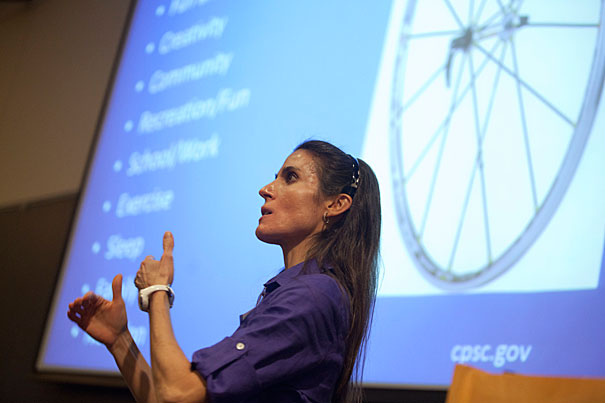
-
Enlightened eating
Color-coded food labeling and adjusting the way food items are positioned in display cases encouraged healthy choices in a large hospital cafeteria in a study by MGH researchers.

-
Clues to addiction
Harvard scientists have developed the fullest picture yet of how neurons in the brain interact to reinforce behaviors that range from learning to drug use, a finding that could open the door to new treatments for addiction.
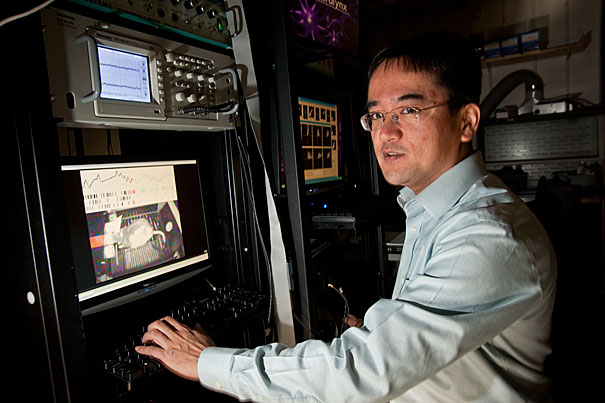
-
Tumor cells can prevent tumor spread
A new study from Harvard-affiliated Beth Israel Deaconess Medical Center finds that a group of little-explored cells in the tumor microenvironment likely serves as an important gatekeeper against cancer progression and metastasis.
